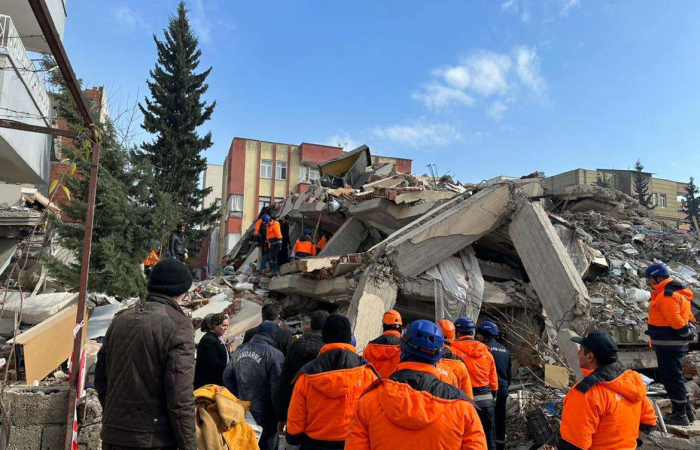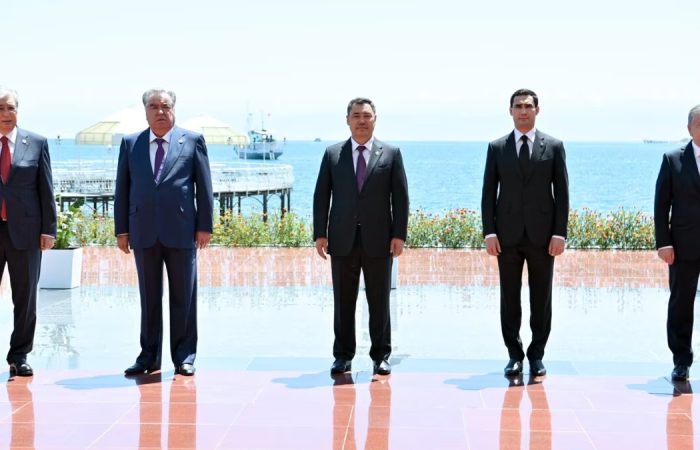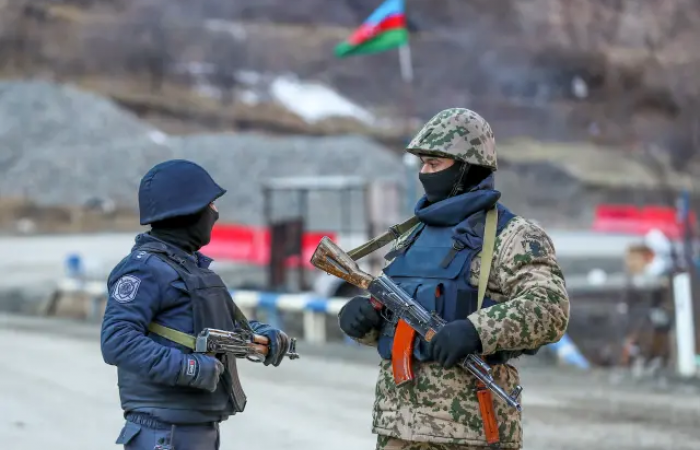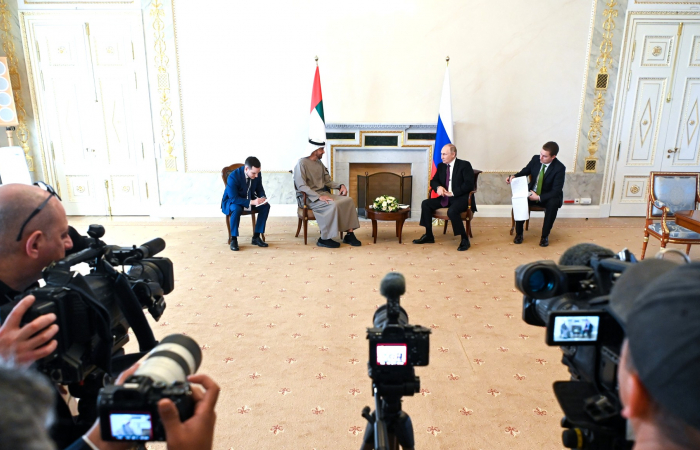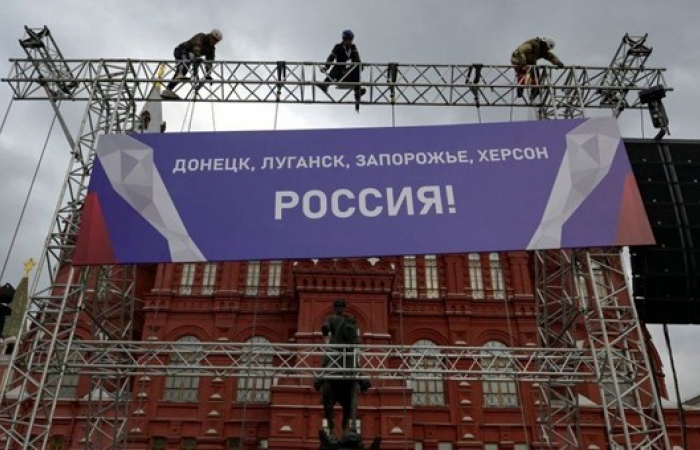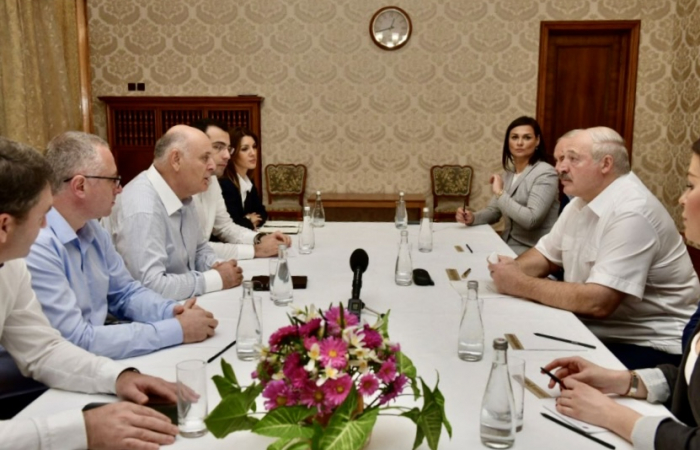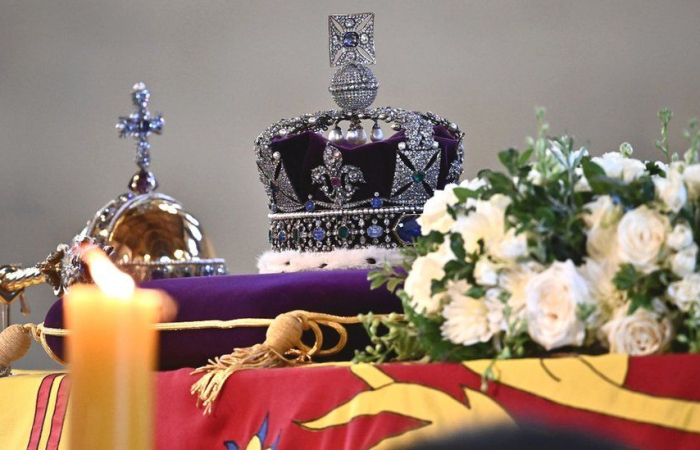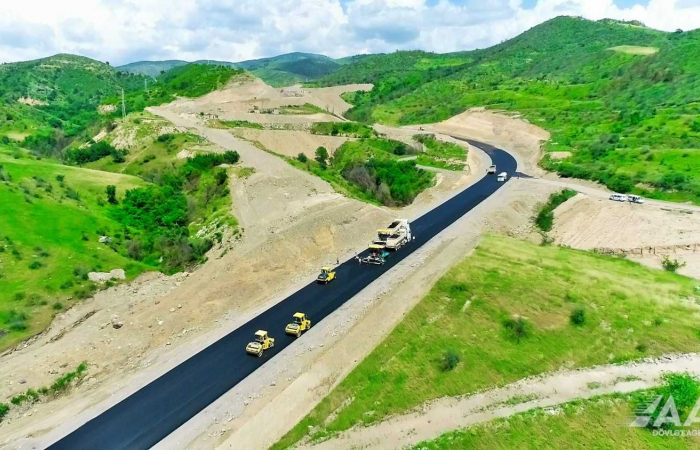Trending
It took an earthquake to jolt Armenia-Turkey relations out of decades of animosity
16 February 2023
The earthquake that hit Turkey and parts of Syria on 6 February was a massive tragedy. As of Thursday (16 February) it has left nearly fifty thousand people dead, many tens of thousands injured and millions affected directly or indirectly. The world rallied around the beleaguered communities, putting aside political differences and diplomatic obstacles.
The impact of the earthquake on Turkey was enormous. Ten out of eighty one Turkish provinces were affected, and some Turkish towns were wiped away almost completely. Humanitarian aid started pouring into Turkey from every part of the world.
The contribution of one small neighbouring country was particularly significant, not only as part of the humanitarian effort, but also for its political and diplomatic symbolism. Armenia and Turkey have had a difficult relationship for decades. The two neighbouring countries do not have diplomatic relations. Their borders are closed. Recent attempts to normalise relations appeared to be moving at very slow speed – both sides having to manoeuvre around many sensitive issues, and a heavy baggage of history. It took an earthquake to jolt relations out of decades of animosity.



